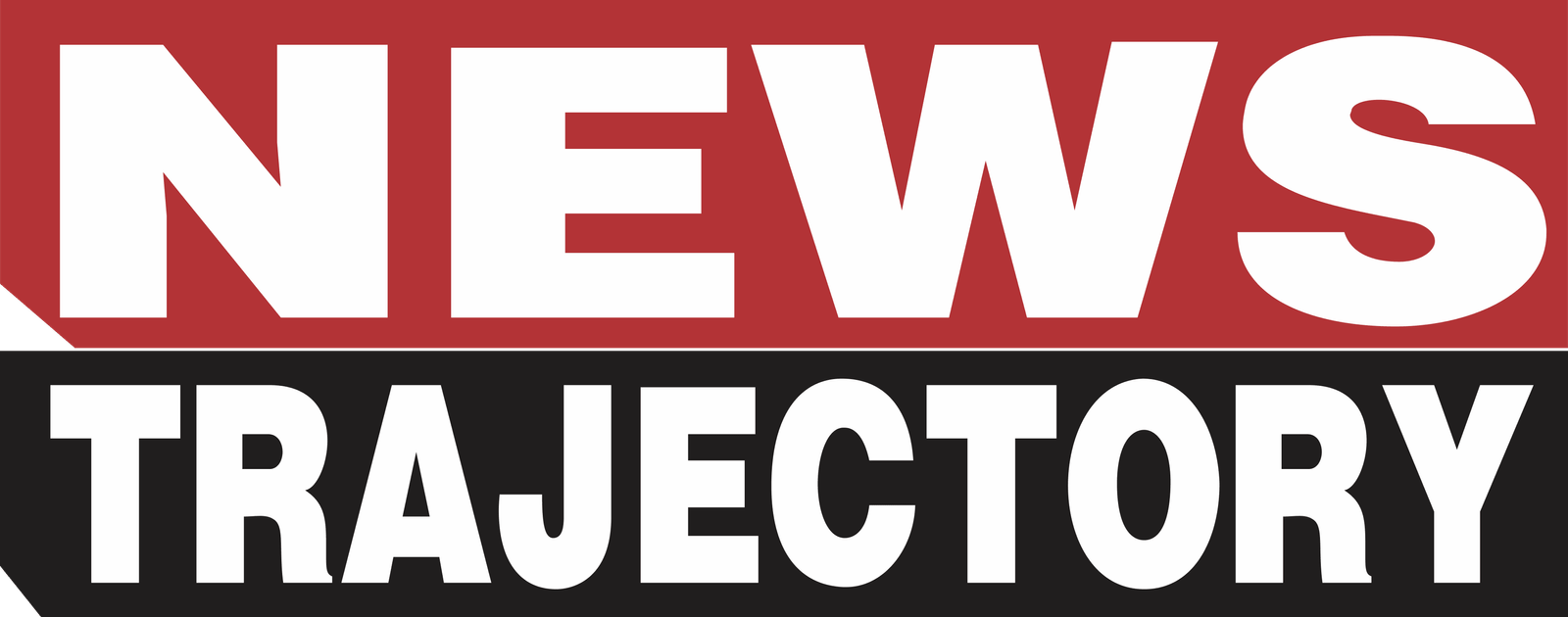Amidst a whirlwind of political fervor in the storied valleys of Jammu & Kashmir, the air crackles with tension and anticipation. National Conference Vice-President Omar Abdullah has unleashed a searing critique against the Bharatiya Janata Party, condemning the shadows cast by electoral bonds.
In a simultaneous declaration that echoes through the mountains, the venerable Ghulam Nabi Azad, once a stalwart of the Indian National Congress, has announced his bold bid for the Anantnag-Rajouri seat in the forthcoming Lok Sabha elections. These intertwined destinies mark a moment of profound significance as old rivalries intensify and the chessboard of J&K’s political landscape is dramatically reshaped, each move charged with the weight of history and the promise of change.
Abdullah’s criticism of the BJP centers on the controversial use of electoral bonds, a mechanism purportedly introduced by the government of India in 2018 to ensure transparency in political funding. However, Abdullah argues that this system, far from being transparent, has shrouded political donations in secrecy, allowing for an unchecked inflow of funds to the ruling party. According to Abdullah, this raises significant concerns over the influence of undisclosed financial backers on the political and electoral process.
Abdullah, a seasoned politician whose forthrightness is as steadfast as the Himalayas, has recently expressed profound concerns over the electoral bonds scheme. Crafted by the Indian government in 2018, this scheme was meant to be a beacon of transparency in the murky waters of political funding. Yet, Abdullah, alongside a chorus of critics, laments that it has cast deeper shadows instead, obscuring the clarity it promised to illuminate.
Abdullah’s apprehensions are rooted in the scheme’s opaque nature. He points out that while the bonds are supposed to make political donations more transparent, they allow for significant anonymity, thus potentially facilitating the influx of illicit funds into the political system. He believes this could undermine the democratic process and lead to a lack of accountability in political funding.
Abdullah has impassionedly called for a thorough review and overhaul of the electoral bonds system. He emphasizes the need for transparency and accountability, urging the government to ensure that the electoral process remains fair and free from unwarranted influence. His concerns resonate with a broad spectrum of political observers and citizens who fear the current system could erode the foundations of Indian democracy.
As the electoral fervor intensifies in Jammu and Kashmir, the air is thick with anticipation and a deep-seated sense of urgency among its people. The upcoming Lok Sabha elections are not merely a political contest; they represent a critical juncture for the region’s future, embodying its residents’ hopes, fears, and aspirations. The allegations of corruption and the politics of exclusion, as voiced by Abdullah, have struck a chord with many, resonating deeply within the hearts of those who feel marginalized and overlooked in the current political landscape.
In a passionate condemnation of the BJP’s practices related to electoral bonds, Abdullah delivered an emotional critique aimed directly at the Modi-led government. He vehemently charged the ruling party with exploiting the populace of Jammu and Kashmir, alleging a deep-seated corruption that favored non-local enterprises with lucrative contracts for significant projects such as the Zojila Tunnel and the Ratlay Power Project, in return for substantial contributions through electoral bonds amounting to over a thousand crores.
Abdullah did not mince words as he highlighted what he perceives as grave injustices inflicted upon the region by the BJP. He charged that major developmental projects, including the prestigious Zojila Tunnel and the Ratlay Power Project, were handed over to entities outside the region. This move, Abdullah argued, was a blatant exchange for financial gains through electoral bonds amounting to over a thousand crores, a sum that echoes loudly in the valleys and mountains of Jammu and Kashmir as a symbol of their exploitation.
During a significant rally in Pahalgam’s Liver area, marking the beginning of the election campaign for Mian Altaf, the National Conference’s candidate for the Anantnag Lok Sabha seat, Abdullah’s words carried a weight of anticipation and hope for change. Furthermore, he alluded to a possible reconciliation with the Peoples Democratic Party, hinting at a united front against the BJP’s regional policies following a recent alliance rally in Delhi.
Abdullah’s critique extended beyond economic grievances to address the imposition of what he termed ‘non-local rule’ over Jammu and Kashmir. He lamented the sidelining of local officers in favor of non-local bureaucrats, a move he believes has severely impacted governance and alienated the local population.
In a parallel political development, the Congress party threw its hat into the ring with the announcement that Azad, a seasoned leader and chairman of the Democratic Progressive Azad Party, will contest the upcoming Lok Sabha elections from the Anantnag-Rajouri constituency. This decision, revealed by Taj Mohiuddin, the party’s treasurer, in a press conference in Srinagar, adds another layer to the evolving political landscape of Jammu and Kashmir.
Azad’s decision to contest the Lok Sabha elections from the Anantnag-Rajouri seat has further electrified the atmosphere. His leap into the fray as a representative of the Democratic Progressive Azad Party symbolizes a challenge to the status quo and a personal journey of resilience and determination. Azad’s candidacy is a testament to the enduring spirit of Jammu and Kashmir’s people and their tireless pursuit of representation and voice in the Indian democracy.
Azad’s decision to re-enter the electoral fray is seen as a strategic move to bolster his influence and contribute to shaping the future of Indian politics. Known for his diplomatic skills and extensive experience, Azad’s return is expected to add a layer of gravitas and expertise to the political discourse. His candidacy is poised to galvanize his base and potentially attract a broader coalition of supporters.
Azad’s announcement has been met with a wave of emotions from his supporters. For many, his return symbolizes hope and continuity, especially when Indian politics is witnessing rapid and often tumultuous changes. Azad’s extensive experience and measured approach to politics evoke a sense of stability and reassurance. His decision to contest also serves as a testament to his unwavering commitment to public service and democratic ideals, fostering a sense of optimism among his followers.
“As the election fervor intensifies, with the National Conference and the Congress party announcing their candidates for the Anantnag-Rajouri seat, the region stands on the brink of a potentially transformative electoral battle”
As the election fervor intensifies, with the National Conference and the Congress party announcing their candidates for the Anantnag-Rajouri seat, the region stands on the brink of a potentially transformative electoral battle. The political discourse, charged with emotions and accusations, underscores the deep-seated issues facing Jammu and Kashmir and the genuine desire for a governance model that genuinely reflects the will and welfare of its people.
This period in Jammu and Kashmir’s political history is not just about electoral bonds or project allocation; it’s a cry for justice, recognition, and a fair chance at self-determination. Leaders like Abdullah and Azad’s voices rise above the political din, echoing the aspirations and frustrations of a people yearning for change and dignity.
With the election battleground heating up, the Jammu and Kashmir National Conference and the Democratic Progressive Azad Party are preparing to face off in the upcoming 7-phase Lok Sabha elections starting April 19. The National Conference has fielded Mian Altaf, a former minister and respected leader within the Gujjar community, for the Anantnag-Rajouri constituency, setting the stage for a fiercely contested battle.
The path to the 2024 Lok Sabha elections is a treacherous journey woven with trials and ripe with possibilities. Abdullah’s fervent plea for transparency and accountability in political funding illuminates the desperate need for strong democratic safeguards. His poignant concerns about electoral bonds spotlight a vital pillar of electoral integrity that must not be ignored amidst the cacophony of political maneuvering.
Simultaneously, Azad’s return to the political arena brings a wave of anticipation and hope, promising to infuse the electoral landscape with his seasoned expertise and unwavering commitment to democratic values.
Meanwhile, as the countdown to the elections begins, these unfolding events poignantly remind us of the intricate complexities and emotional currents that shape Indian politics. The voices of stalwarts like Abdullah and Azad will resonate deeply, sculpting the narrative and guiding the choices of millions in the storied land of Jammu and Kashmir. In this dynamic and ever-evolving political landscape, the call for transparency, accountability, and seasoned leadership becomes ever more vital, steering India towards a future that honors the principles of democracy and justice.

